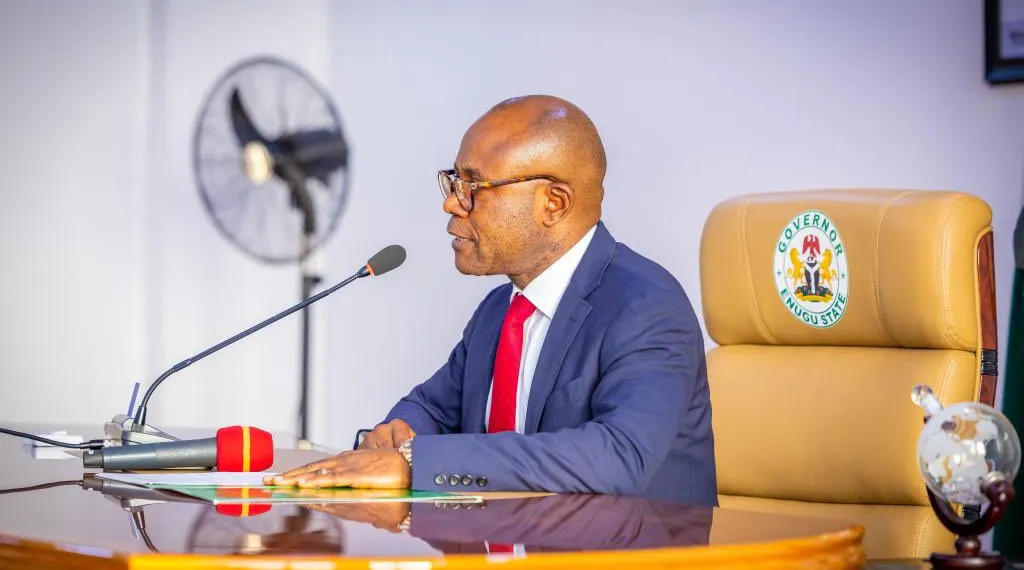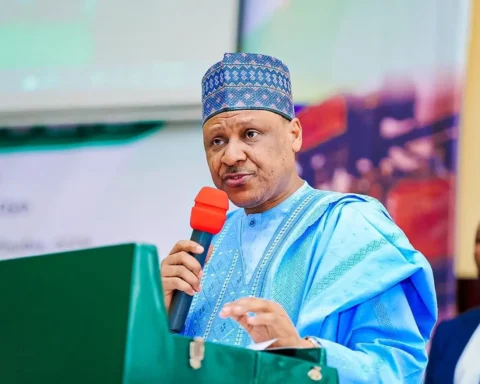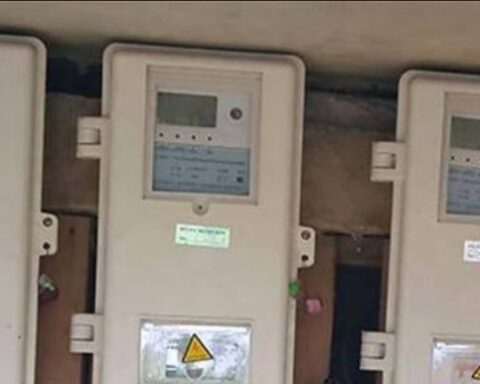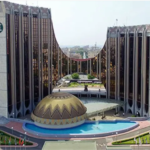The recent reconstitution of the Enugu State Executive Council has sparked a wave of concern and conversation across the state, particularly from Enugu North Senatorial Zone, which many now believe has been unjustly marginalized.
Based on the official cabinet list, the zonal distribution is as follows:
*Cabinet Appointments by Zone:*
Enugu East: 10 slots
Enugu West: 7 slots
Enugu North: 6 slots
This arrangement, on the surface, may appear to reflect regional balance. However, a closer look reveals a troubling disparity that raises questions about equity, representation, and political fairness in Enugu State.
*The Case of Enugu North: Majority Treated as Minority*
Enugu North, made up of highly populated LGAs like Nsukka, Igbo-Eze North, Igbo-Eze South, Igbo-Etiti, Udenu, and Uzo-Uwani, stands as the most populous and arguably the most electorally influential zone in Enugu State. Historically, the zone has played a decisive role in determining electoral outcomes, often delivering the largest bloc of votes in statewide contests.
Despite this strength in numbers and political capital, Enugu North has received only six cabinet appointments. This places it behind both Enugu East, which received ten slots, and Enugu West, which received seven. This is not just a statistical oversight; it reflects a troubling pattern of underrepresentation that cannot be ignored.
A Breakdown of Enugu North Appointees:
Prof. George Ugwu – Health (Nsukka LGA)
Dr. Malachy Agbo – Information (Igbo Etiti LGA)
Mr. Emeka Ajogwu – Special Duties (Igbo Eze South LGA)
Mr. Eyinna Ogbonna – Energy and Mineral Resources (Udenu LGA)
Dr. Patrick Uburu – Agriculture (Uzo-Uwani LGA)
Dr. Nathaniel Urama – Finance (Igbo Eze North LGA)
These individuals are undoubtedly competent and qualified. However, the issue here is not their merit. The concern is the clear imbalance in regional representation.
*Enugu East and Enugu West: Disproportionate Advantage*
Enugu East, with ten commissioner slots, enjoys a dominant share of the cabinet. Notably, Nkanu East alone, which is just one LGA in Enugu East, secured four commissioner portfolios. This number nearly matches the total allocation given to the entire Enugu North zone.
The disparity becomes even more glaring when considering that Enugu East has a smaller population and lower electoral output than Enugu North. The same pattern is evident, though to a slightly lesser extent, in Enugu West, which received seven appointments.
*The Urgent Call for Equity*
This skewed distribution undermines the principles of fairness, justice, and inclusive governance. Enugu North continues to be politically relevant and electorally decisive, yet it is repeatedly sidelined in appointments and key decision-making positions.
The message is clear. The majority is being treated as a minority.
It is time for the people of Enugu North to recognize their strength, raise their voices, and insist on fair representation. Political equity must be based on contribution, capacity, and population strength. Anything less is unacceptable.
*Moving Forward: Unity, Awareness, and Advocacy*
This situation demands a collective response. Civic education, political awareness, and unity of purpose must guide the next steps. The goal is not conflict but fairness. This is not about stirring division but about restoring balance.
If Enugu State is to move forward as a truly united entity, every zone must be given fair representation in governance based on its contribution and demographic strength.



























